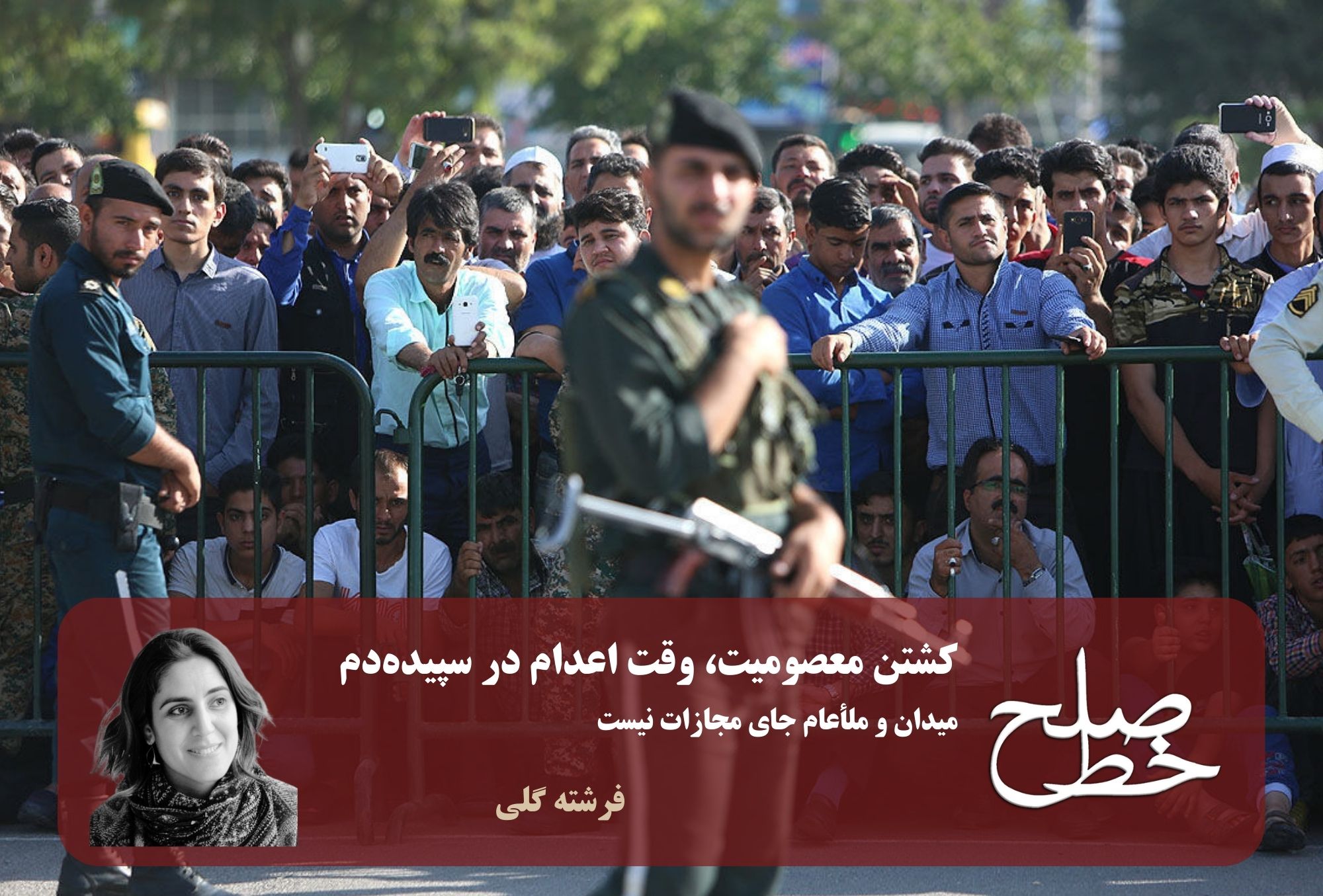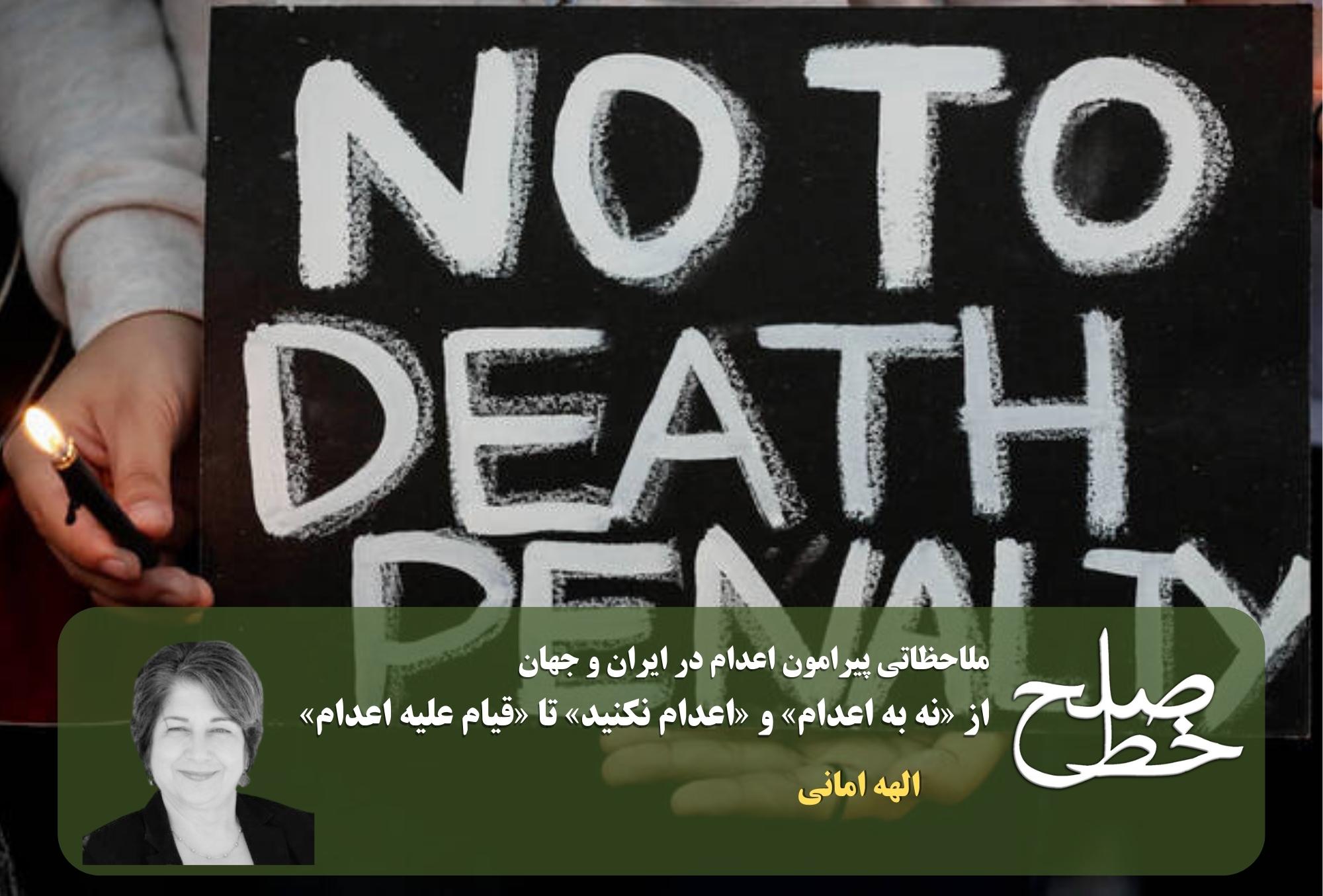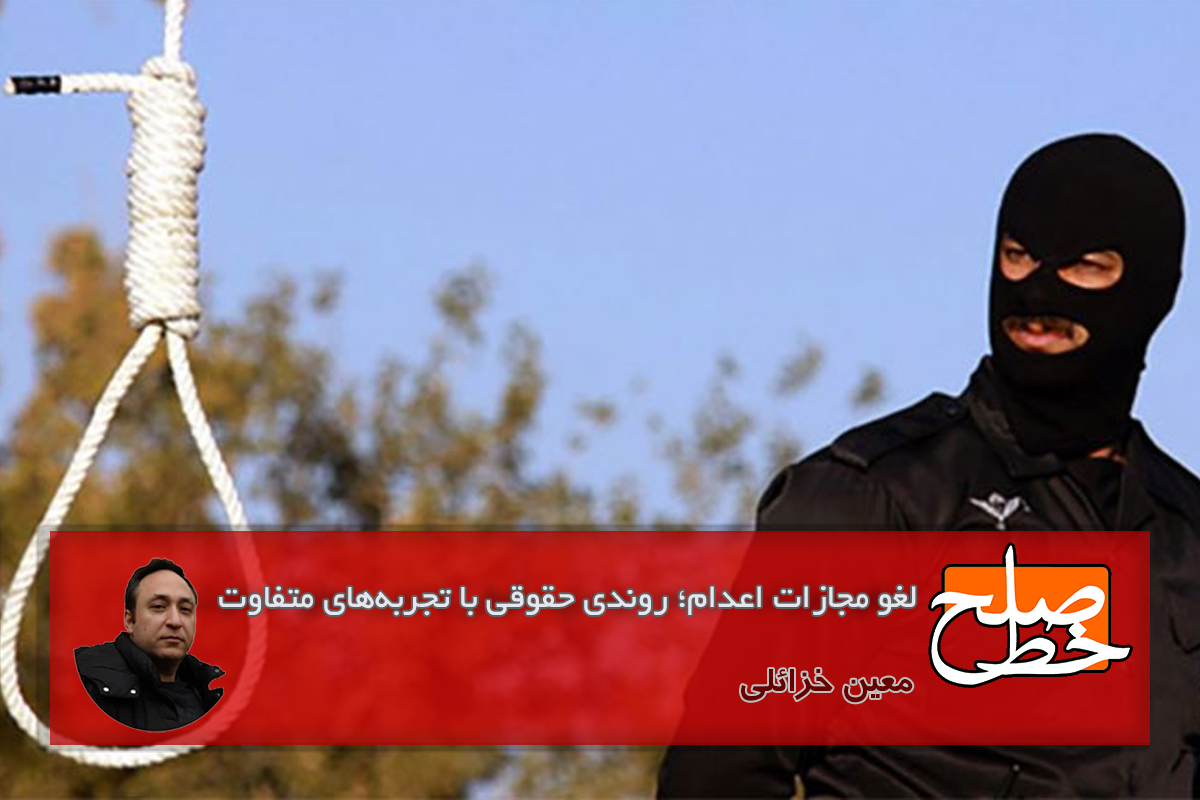Retaliation

Killing Innocence at Dawn: A Public Execution/ Fereshteh Goli
As the sharp, cold morning wind swept autumn leaves across the cobbled alleyways of the city, a dense, silent crowd had gathered in the main square. Their breath turned into small clouds in the freezing air, merging into one another. Among the crowd stood women whose eyes reflected waves of fear, worry, and anxiety, and […]...
Read More Created By:
Fereshteh Goli
Created By:
Fereshteh Goli
A Look at the Role of Qisas in Murder Cases and the Distinction Between Justice and Revenge/ Sina Yousefi
In the legal system of the Islamic Republic of Iran, qisas (retaliatory justice) is not only prominently featured in Book Three of the Islamic Penal Code (2013), but its procedural structure and associated privileges are also legally codified. These include defining the scope of cases eligible for qisas, conditions for the equivalence of the weapon […]...
Read More Created By:
Sina Yousefi
Created By:
Sina Yousefi
Law or Verdict? A Criminal Law Critique of Public Executions/ Mohammad-Hadi Jafarpoor
According to the rule of law, the necessity of implementing and enforcing laws is essential to the life of a social system. Even thieves and murderers believe in the necessity of enforcing the law and respecting legal rulings, and it is precisely because of this awareness that they feel fear and anxiety when committing a […]...
Read More Created By:
Mohammad Hadi Jafarpour
Created By:
Mohammad Hadi Jafarpour
Historical Evolution and Contemporary Challenges of Qisas in Law/ Mostafa Ahmadian
The essence of qisas (retributive justice) has long been based on a natural law: “You kill, you are killed; an eye for an eye, and a tooth for a tooth.” This well-known principle existed long before the emergence of Abrahamic religions. Historical stone carvings—including the Code of Hammurabi, which dates back to 1800 BCE and […]...
Read More Created By:
Mustafa Ahmadian
Created By:
Mustafa Ahmadian
There is no benefit in retribution except for the healing of the survivors, Mustafa Ahmadian.
In recent years, various campaigns opposing the death penalty have been formed, each considering execution and qisas as the most prominent and dangerous threats to society, whose harmful effects do not release our reality and collective life during this era of history. Nevertheless, our criminal justice policy, in response to these collective movements, has generally […]...
Read More Created By:
Mustafa Ahmadian
Created By:
Mustafa Ahmadian
From “No to Execution” and “Do Not Execute” to “Uprising Against Execution” / Elaheh Amani
Notes on Executions in Iran and the World. “Although I have lost two members of my family to assassination, I am firmly and explicitly against the death penalty for those who have been sentenced to death.” These are the words of Coretta Scott King, a writer, activist, and one of the leaders of the American […]...
Read More Created By:
Elahe Amani
Created By:
Elahe Amani
Retribution and deterrence: The ineffective combination of the death penalty and intentional murder / Mahnaz Norouzian
These days, news about executions and inhumane punishments, which are still being carried out despite the existence of many opponents, have occupied the minds of human rights activists and supporters of abolishing punishments that violate human dignity. Despite research showing the ineffectiveness of capital punishment, it is still being implemented. In most countries around the […]...
Read More Created By:
Mahnaz Norouzian
Created By:
Mahnaz Norouzian
There is no will or ability to abolish the death penalty in Iran / Niloufar Gachilo
A look at the expansion of the death penalty in Iran. Until the 18th century, we find executions and deprivation of life using various tools and methods in desirable and accepted societies. Through historical examination, it is observable that there was no serious dispute or discussion among intellectuals and jurists about its rejection and abolition. […]...
Read More Created By:
Niloofar Gachilou
Created By:
Niloofar Gachilou
Abolishing the Death Penalty; A Legal Process with Different Experiences / Moein Khazaei
The Islamic Republic of Iran continues to be one of the governments that rigorously carries out the death penalty in its judicial system. The latest statistics show that at least 528 people were executed in Iran during the past year (October 2021 to October 2022) (1). However, this number only includes executions officially announced by […]...
Read More Created By:
Moein Khazaeli
Created By:
Moein Khazaeli
قتExecution; Deterrence or Intimidation? / Ehsan Haghighat
Capital Punishment – including execution, which is the most common type – has been one of the most important tools for social control and criminal reactions in various legal systems from ancient times until now. It still exists and is implemented in some criminal systems around the world. Sufficient deterrence, proportionality of punishment, preservation of […]...
Read More Created By:
Ehsan Haghi
Created By:
Ehsan Haghi
Execution in International Human Rights Documents / Alireza Goodarzi
Execution in the legal system of Iran is one of the punishments that results in the loss of life, but in the international human rights system, execution is generally considered equivalent to the death penalty. In this sense, intentionally taking the life of a human being is considered a form of punishment by law and […]...
Read More Created By:
Alireza Goodarzi
Created By:
Alireza Goodarzi
The moral and ethical responsibility of the execution of the sentence of retribution falls upon Arman Abdolali and Mehran Mosadeghnia.
Human societies have been established since the beginning of history based on a set of rules and laws created by the members of that society. One of these laws that has existed in all societies and throughout different eras, from primitive humans to the present, is the law of retribution, which aims to punish and […]...
Read More Created By:
Mehran MosaddeghNia
Created By:
Mehran MosaddeghNia